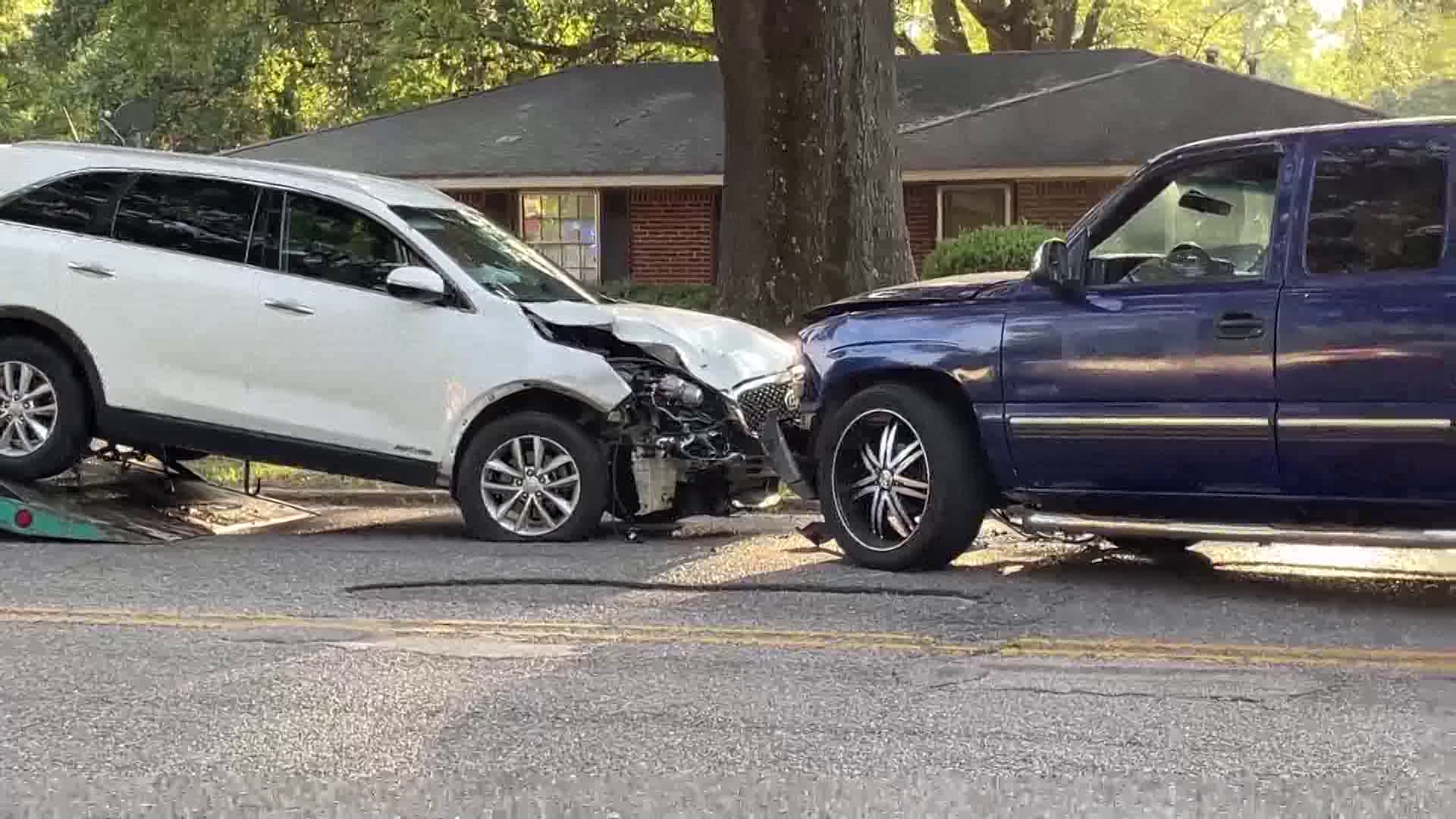Have you ever found yourself glaring at a mangled heap of metal that was once your beloved vehicle, wondering, “Can I actually sue someone for totaling my car?” It’s a provocative question and one fraught with potential legal labyrinths. Totaling a vehicle is more than just a financial headache; it’s an emotional upheaval too. Diving into the details of this dilemma can feel like navigating a stormy sea, but fear not! With the right understanding, you can chart your course towards justice.
First, let’s define what it means when we use the term “totaled.” When an insurance company declares your vehicle a total loss, it’s usually because the cost of repairs exceeds a certain percentage of the car’s value. This percentage often hovers around 70-75%, though it can vary by state. So, if an errant driver sends you into a whirlwind of metal and tires, you might be left wondering if you hold any legal sway over the situation.
Typically, if your vehicle has been totaled due to someone else’s negligence—perhaps they ran a red light or failed to yield—it’s entirely possible that you can pursue legal action against them. However, the path isn’t as straightforward as one might hope. A plethora of factors come into play before you can confidently march into a courtroom.
To begin with, documenting the accident is paramount. This means gathering all evidence that illustrates the specifics of the incident. Think police reports, photographs of the scene, and witness accounts. For instance, if the other driver was texting when the incident occurred, that might change the legal landscape dramatically. Such documentation can serve as the foundation of your claim, establishing the other party’s liability.
Next, let’s explore the prickly issue of insurance policies. In many cases, your own insurance may provide coverage for damages under a certain type of policy known as collision coverage. However, if the other driver is unquestionably at fault, you might prefer to pursue their liability insurance. The question becomes, can you recover lost value and damages through her or his policy? The answer is yes, but there might be challenges. The other party’s insurance company will likely scrutinize every detail of the incident, possibly even trying to shift blame or reduce compensation.
Now, let’s sprinkle in a little legalese. In the jurisdiction where the accident occurred, the law will dictate how negligence is defined and what constitutes fault. Many states follow a comparative negligence principle, where fault can be shared between parties, potentially affecting the compensation you can claim. If you’re deemed even partially responsible for the accident, your chances of receiving full compensation dwindle. This can feel like a real-life cliffhanger, where every detail matters.
Emotional distress is another dimension to consider. While it may be tempting to think of only cold, hard facts, the emotional toll of losing a vehicle is very real. If the accident has caused you significant distress—imagine being late for work or missing family gatherings because you no longer have reliable transportation—you might be able to include this in your suit as well. But proving emotional distress can be a steep hill to climb, requiring solid evidence to support your claims.
Let’s return to the potential challenge of filing a lawsuit. Lawsuits can often be drawn-out affairs that drag on for months or years. You may have thought that your decision to pursue a claim would magically resolve your problems, but legal battles can be arduous endeavors. That said, many cases settle outside of court. In fact, the vast majority of personal injury claims conclude that way. Negotiating a settlement from the other driver’s insurance can save you time, money, and emotional strain. Nonetheless, it’s essential to have a reasonable understanding of your vehicle’s depreciated value, repair costs, and any other losses you’ve incurred to ensure you aren’t shortchanged during negotiations.
Considering the complexities involved, enlisting the help of a qualified attorney could be your best move. An adept legal professional can provide invaluable insights into the nuances of your case, guide you through the labyrinth of paperwork, and advise you on the likely outcomes. Plus, having legal representation can increase your chances of obtaining a favorable settlement significantly. Just ensure you choose someone with experience in auto accidents and personal injury to bolster your position.
As you ponder the legitimacy of your claim, ask yourself: What do you truly want out of this process? Are you seeking justice for the emotional distress you’ve endured? Are you merely after compensation to replace your totaled vehicle? Knowing your goals will shape how you approach litigation or negotiation. The outcome of your decision can have lasting implications, not just for your current circumstances but for your overall future.
In essence, suable circumstances exist, but venturing into this legal terrain requires careful consideration and preparation. From documenting the incident diligently to weighing the intricacies of insurance policies and potential emotional distress claims, each step forms a cornerstone of your case. Remember, while the thought of pursuing justice for a totaled vehicle may feel daunting, the determination to fight for what you’re rightfully owed can lead you on a path toward reclamation and resolution.
